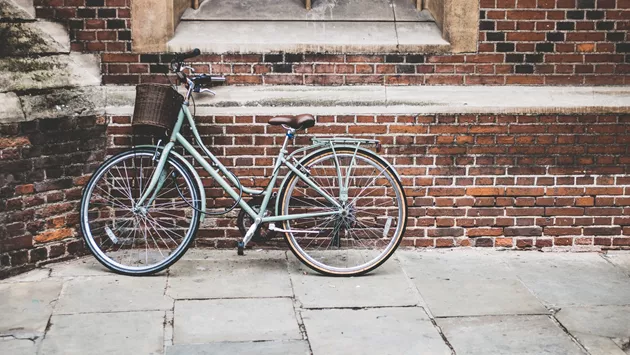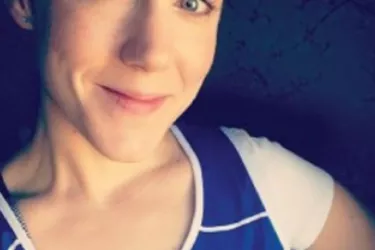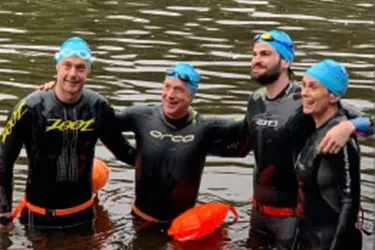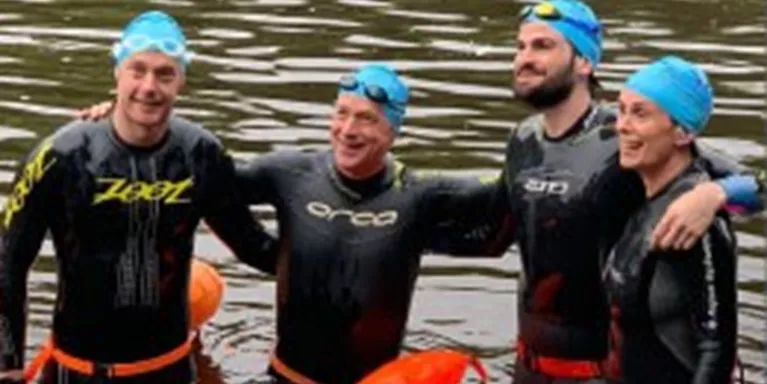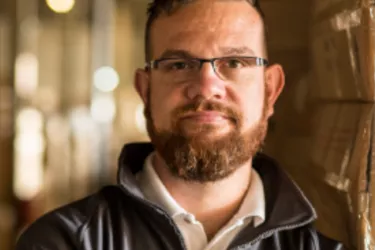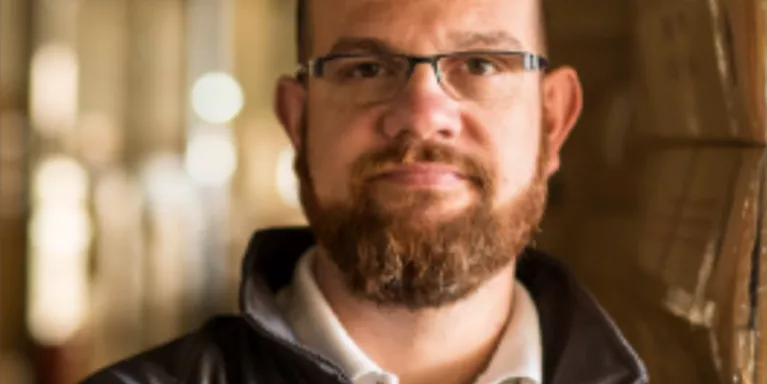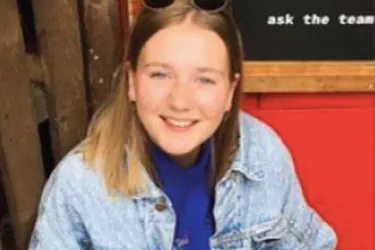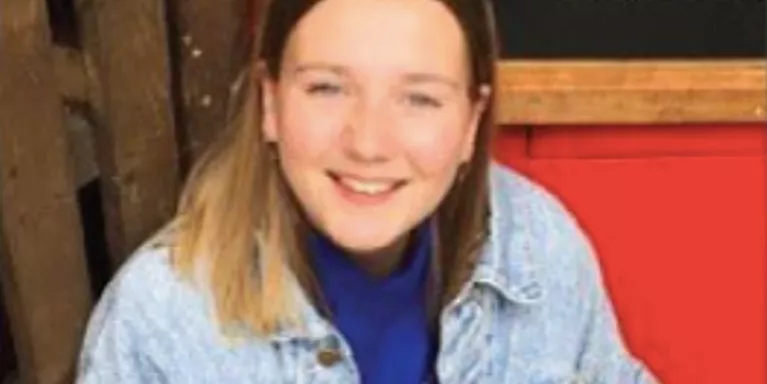Trek to recovery
Angela blogs about taking on our Iceland trek in 2017.
As a teacher, I would normally spend the first week of the summer holidays dozing on the sofa, drinking lots of tea, and recovering from a stressful and exhausting term. Instead, in July 2017, I found myself crossing snow fields and knee-deep glacial streams on the Mind Iceland lava trek.
I have lived with a variety of mental health problems for as long as I can remember. I first realised I was experiencing crippling depression and anxiety towards the end of my time at university. It took me a further six or seven years to come to terms with having an eating disorder. I hit rock bottom and, ultimately, didn’t want to be here anymore.
Looking back, I can see the signs have been there since my early teens, but it was so much a part of my normal that I didn’t realise this wasn’t actually ‘normal’. I’m lucky to have an amazing group of friends, who have supported me no matter what, and I couldn’t have made it through my darkest days without them (and a lot of professional help and medication).
"I hit rock bottom and, ultimately, didn’t want to be here anymore."
Signing up for the Mind Iceland trek was really important in my eating disorder recovery. While I was starting to feel more comfortable with the eating side, I was still struggling with exercise. I had always used exercise as a way of beating myself up or punishing myself and, if I’m honest, it had become an obsession. I hoped this trip would force me to redress that balance, as I knew I would have to approach exercise in a sensible way – a way which was about being fit and healthy. If I didn’t, I would never make it through those gruelling days of walking.
The trip itself was completely out of this world. After a very long day travelling to our first campsite, we sat together in the mess tent and shared our reasons for taking part in the trip. Although our experiences were all very different, every single person had been touched in some way by mental health problems. This brought us together in a really special way, and that stayed with us through the whole trip. That willingness to share experiences, and to reach out to someone in need, even if we were struggling ourselves, was just amazing.
"Although our experiences were all very different, every single person had been touched in some way by mental health problems."
The first day of the trek was the hardest. We faced hours of snow fields, white as far as we could see, and I found this incredibly disorientating. Every step was a struggle to stay upright, I felt sick and dizzy, and I only made it to the end of the day because of the support of my fellow trekkers helping me to focus on why I was there. Knowing I was doing a small part to help someone who was struggling forced me to keep putting one foot in front of the other.
That night, we faced the worst weather Iceland had to throw at us. Tents were destroyed, and we were forced to change our plans for the rest of the trip. But again, we came together and battled the weather in the same way we had all been battling with our mental health problems.
After the second day of walking, all the emotions completely overwhelmed me. Unable to sleep, I ended up having a massive cry, and spent the early hours of the morning walking round the campsite. One of my fellow trekkers was there to offer a comforting hug, a shoulder to lean on, and a listening ear. I will forever be grateful for that.
At the end of day three we finally crossed the finish line, and were each given a medal by the lovely Maria from Mind, who had walked with us every step of the way. Between the tears there were hugs, smiles, and elation.
"If I can cross snowfields and climb mountains in Iceland, I can definitely get out of bed and make a cup of tea."
This experience was, without a doubt, the best experience of my life. The group photo at the finish line hangs proudly in my house as a reminder of everything we had achieved together. These memories really come in useful on bad days – if I can cross snowfields and climb mountains in Iceland, I can definitely get out of bed and make a cup of tea. I have made an incredible group of friends for life, and I know we will always be there for each other, no matter what.
We still don’t talk about mental health nearly enough, so when I told people I was fundraising for a mental health charity, they often wanted to know why. By sharing my story, I found people were willing to tell me theirs – sometimes opening up for the first time. The more we talk, the more we realise it’s ok to be honest about what we are going through. We all have mental health, and saying ‘I have depression’ shouldn’t be treated any differently to saying ‘I have a broken arm’. Mind helps people who may not have the amazing support from friends that I did, giving hope that, even from that horrible dark place where mental health problems take us, we can come back to achieve amazing things.
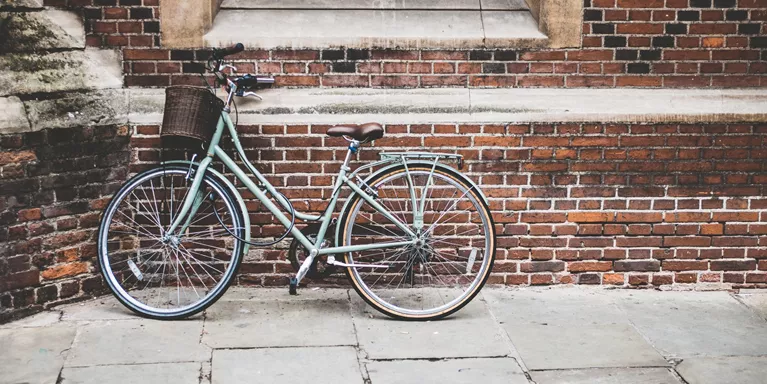
Get involved
There are lots of different ways that you can support us. We're a charity and we couldn't continue our work without your help.
Share your story with others
Blogs and stories can show that people with mental health problems are cared about, understood and listened to. We can use it to challenge the status quo and change attitudes.









